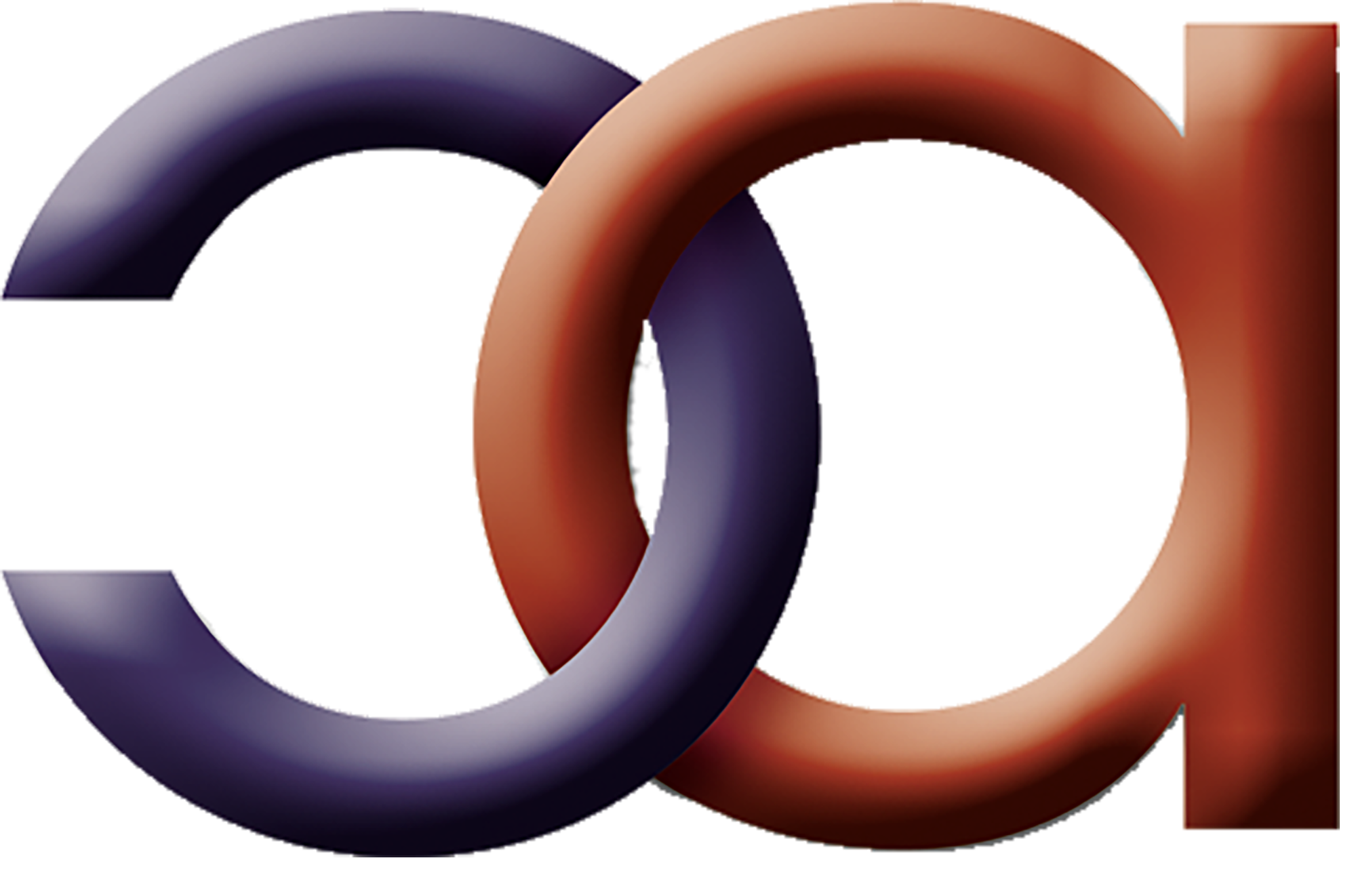CARAS Webinar: Where Do Sexuality, Kink, & Consensual Non-Monogamies Fit Into Mental Health Training Standards?; Saturday, May 20, 2023
Where Do Sexuality, Kink, & Consensual Non-Monogamies Fit Into Mental Health Training Standards?
Presenter: Katherine King, PsyD
Saturday, May 20, 2023: noon-2pm (Pacific) / 3-5pm (Eastern) - two hours
Registration for this webinar has closed.
Attendees may earn 2 Continuing Education (CE) credits
Cost: Attendance is free for all CARAS subscribers.
Attendance with CE credit is free for CARAS Professional and Student subscribers, and $40 for others.
Attendance without CE credit for non-subscribers is $25
Pre-registration is required. Registration will close at 3pm (U.S. Pacific)/6pm (U.S. Eastern) on Friday, May 19, 2023. Please register early!
Abstract
This workshop will explore where training on sexuality, kink, and consensual non-monogamies (CNM) may fit into graduate level training in psychology. We will review core competencies across multiple mental health disciplines in the United States including psychology, counseling, social work, as well as marriage and family therapy. We will discuss where sex, kink, and CNM currently show up during training (and where they do not) and brainstorm ideas to improve inclusion in the general curricula. We will review the current landscape of kink specialty training and explore potential next steps at the graduate level and beyond. It is hoped that this workshop will help us discover pragmatic starting points, practical strategies, and potential collaborative opportunities for eventually achieving enhanced inclusion across the many institutions that train mental health professionals.
This workshop will be particularly suited for faculty engaged in graduate level mental health professional training, field training supervisors, and leaders involved in all aspects of mental health training. The voice and knowledge of community members is also a critical part of this process and we invite members of kink, CNM, and alt-sex communities who are not educators or clinicians to join in the conversation as well.
Learning Objectives
At the end of this webinar, participants will be able to:
Describe the Profession Wide Competencies that guide training in clinical psychology educational programs today.
Identify resources for current best practices when working with kink-involved clients.
Analyze gaps that exist in today's typical mental health training curriculum with reference to sexuality, kink, and polyamory.
Propose strategies to incorporate knowledge about sexuality, kink, and polyamory in mental health training curricula in the future.
Presentation Content Level: Basic - Intermediate. This webinar will provide an introduction to the topic but also provide an opportunity for discussion at a more advanced level that presupposes basic knowledge of alternative sexualities communities and related clinical practice guidelines.
About the Presenter
Katherine King, Psy.D., is a psychologist, Associate Professor and geropsychology concentration director in the clinical psychology doctoral program at William James College. She is a member of the APA's Division 44 Committee on Consensual Non- Monogamy, and has a psychotherapy practice helping people with concerns about aging, health, gender, sexuality, relationships, and trauma.
References
American Psychological Association. (2015). Standards of Accreditation for Health Service Psychology (November 2019 Revision). Washington DC: American Psychological Association. https://www.apa.org/ed/accreditation/about/policies/standards-of-accreditation.pdf
Brown, A., Barker, E. D., & Rahman, Q. (2020). A Systematic Scoping Review of the Prevalence, Etiological, Psychological, and Interpersonal Factors Associated with BDSM. Journal of Sex Research, 57(6), 781-811. https://doi.org/10.1080/00224499.2019.1665619 [Open Access]
Burnes, T.D., Singh, A.A., & Witherspoon, R.G. (2017). Sex Positivity and Counseling Psychology: An Introduction to the Major Contribution. The Counseling Psychologist, 45(4), 470-486. https://doi.org/10.1177/0011000017710216
Commission on Accreditation for Marriage and Family Therapy Education. (2021). Accreditation Standards: Graduate & Post-Graduate Marriage and Family Therapy Training Programs (Version 12.5). https://coamfte.org/documents/COAMFTE/Accreditation%20Resources/COAMFTE%20Standards%20Version%2012.5%20-%20Published%20August%202021%20-%208.26.21%20(with%20links).pdf
Council for Accreditation of Counseling and Related Educational Programs. (2016). 2016 CACREP Standards. http://www.cacrep.org/wp-content/uploads/2018/05/2016-Standards-with-Glossary-5.3.2018.pdf
Council on Social Work Education. (2022). Educational Policy and Accreditation Standards for Baccalaureate and Master’s Social Work Programs. https://www.cswe.org/getmedia/94471c42-13b8-493b-9041-b30f48533d64/2022-EPAS.pdf
De Neef, N., Coppens, V., Huys, W., & Morrens, M. (2019). Bondage-Discipline, Dominance-Submission and Sadomasochism (BDSM) From an Integrative Biopsychosocial Perspective: A Systematic Review. Sexual Medicine, 7(2), 129-144. https://doi.org/10.1016/j.esxm.2019.02.002 [Open Access]
Dunkley, C. R., & Brotto, L. A. (2018). Clinical Considerations in Treating BDSM Practitioners: A Review. Journal of Sex & Marital Therapy, 44(7), 701-712. https://doi.org/10.1080/0092623X.2018.1451792 [Open Access: https://www.researchgate.net/profile/Cara-Dunkley/publication/323787184_Clinical_Considerations_in_Treating_BDSM_Practitioners_A_Review/links/5aec8a27aca2727bc0048fdf/Clinical-Considerations-in-Treating-BDSM-Practitioners-A-Review.pdf ]
Herbitter, C., Vaughan, M.D., & Pantalone, D.W. (2021). Mental Health Provider Bias and Clinical Competence in Addressing Asexuality, Consensual Non-Monogamy, and BDSM: A Narrative Review. Sexual and Relationship Therapy. https://doi.org/10.1080/14681994.2021.1969547 [Open Access: https://drive.google.com/file/d/17JqV_GdMCboqvTF3LVYiwL-0VC6QH_Sx/view ]
Kink Clinical Practice Guidelines Project. (2019). Clinical Practice Guidelines for Working with People with Kink Interests. https://www.kinkguidelines.com
Kolmes, K., Stock, W., & Moser, C. (2006). Investigating Bias in Psychotherapy With BDSM Clients. Journal of Homosexuality, 50(2-3), 301-324. https://doi.org/10.1300/J082v50n02_15
Ling, T. J., Geiger, C. J., Hauck, J. M., Daquila, S. M., Pattison, J. E., Wright, S., & Stambaugh, R. (2022). BDSM, Non-Monogamy, Consent, and Stigma Navigation: Narrative Experiences. Archives of Sexual Behavior, 51(2), 1075–1089. https://doi.org/10.1007/s10508-021-02191-6
Mollen, D., & Abbott, D. M. (2022). Sexuality as a competency: Advancing training to serve the public. Training and Education in Professional Psychology, 16(3), 280–286. https://doi.org/10.1037/tep0000378 [Open Access: https://digitalcommons.unl.edu/cgi/viewcontent.cgi?article=1358&context=edpsychpapers ]
Schechinger, H. A., Sakaluk, J. K., & Moors, A. C. (2018). Harmful and Helpful Therapy Practices With Consensually Non-Monogamous Clients: Toward an Inclusive Framework. Journal of Consulting and Clinical Psychology, 86(11), 879-891. https://doi.org/10.1037/ccp0000349
About the CARAS Education Program
CARAS is approved by the American Psychological Association to sponsor continuing education for psychologists. CARAS maintains responsibility for this program and its content.
For more information about the CARAS Education Program, including CE policies and procedures, please visit https://caras-researchlink.org/education
